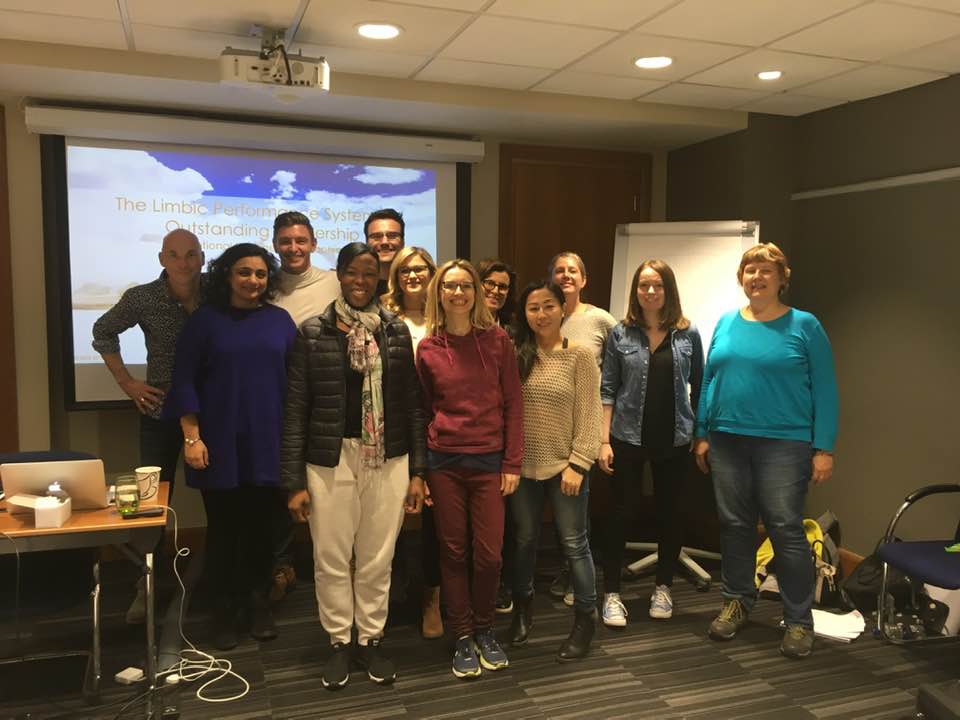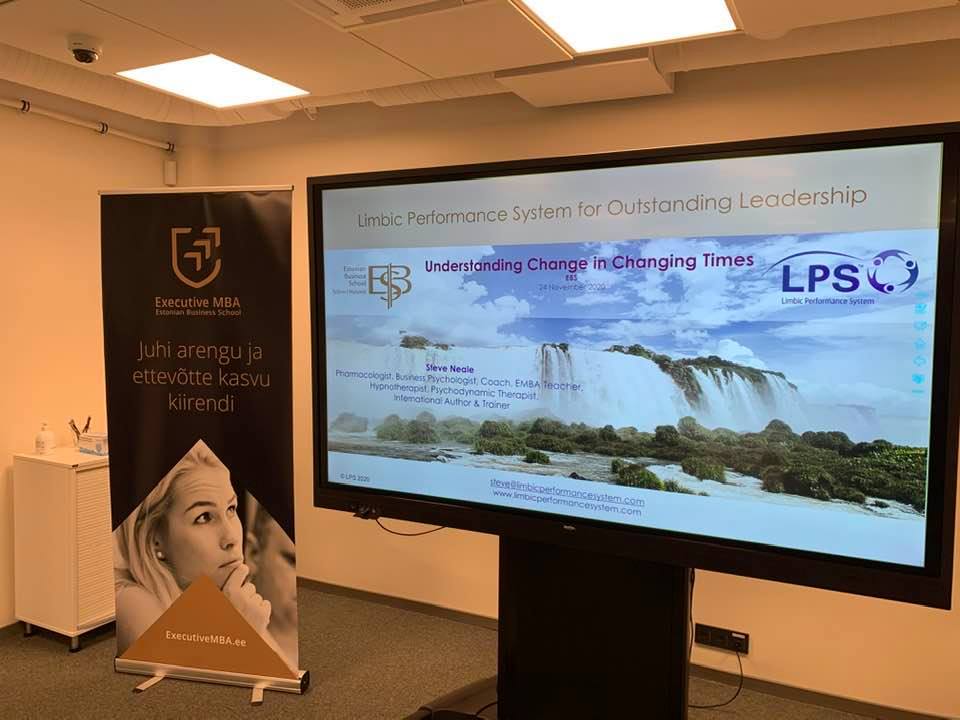What you will get: Clarity on how to boost motivation using feedback.
Welcome to your brand new e-zine!
You know recently I’ve found myself bursting with thoughts, reflections and tools that I just want to share with you.
And as you may know, I’m passionate about helping you to become happier, more successful and create your ideal lifestyle.
So I’ve decided to start this weekly e-zine – where every Monday I will give you free’ advice, tools and ideas from my years of working with emotional intelligence, performance and leadership.
So let’s get started with edition 1!
“What can you learn from Lithuanian beggars and from children?”
I thought he was going to hit him.
There I was, enjoying a cool glass of Chardonnay and minding my own business when the beggar reacted.
I was sitting outside a regular watering hole, in the heart of Vilnius old town.
A place where beggars often approach you and ask for any small change you can spare.
I’d been observing this one beggar for about half an hour, during which time he made several unsuccessful attempts to get some money from punters.
But one tourist really triggered a reaction in the beggar.
You see…
He completely ignored him.
No eye contact.
No recognition.
No respect.
The more the beggar asked for some kind of acknowledgement that he existed, the more the tourist ignored him.
Until the point that the beggar’s blood was boiling – and he even lifted his arm to attack.
(thankfully the waitress jumped in at this point and he walked away)
So this got me thinking that beggars are no different to children.
And what’s more…
Children are no different to adults.
What am I talking about?
Feedback and respect.

You see, there are 3 types of attention we can give another human being:
Positive attention (Yes please)
Negative attention (Better than nothing)
No attention at all (No thanks)
So the beggar, when I politely refused his request for cash with direct eye contact and a warm smile, walked away with a reciprocal smile.
When other’s told him to go away in an aggressive tone, at least they recognized he existed.
But ignoring him as if he was “nothing”
Now that made him
And it’s just the same with kids.
Positive attention is their favourite, and if they can’t get that they get your attention my doing something they shouldn’t. That’s still better than being ignored.
How do you feel if people ignore you?
So how can this help you improve performance?
Well it’s all about feedback culture you see.
Time and time again people have told me that they hate working in a place where they get no feedback at all.
This is even worse than negative feedback.
So maybe it’s time to review and change your feedback culture and make sure you:
Give plenty of authentic, positive praise for who people are (“I love your enthusiasm”) and what they do “(That was a really great presentation”)
Give useful, clear, specific and constructive feedback for what people could improve (“I think the technical language in the first 2 pages could be simplified to help the reader”)
Never, ever give no feedback at all.
Give it a try and see what happens to your team’s motivation around you.
And one day it may just stop a Lithuanian beggar hitting you!
Your success partner

Steve Neale
“Europe’s Leading Expert on Personal and Professional Growth”
Want more time, less stress and better results?
The Limbic Performance System for Outstanding Leadership is here to help you – Steve Neale’s BRAND NEW online leadership programme. Click here to watch an exciting new video all about the LPS!















